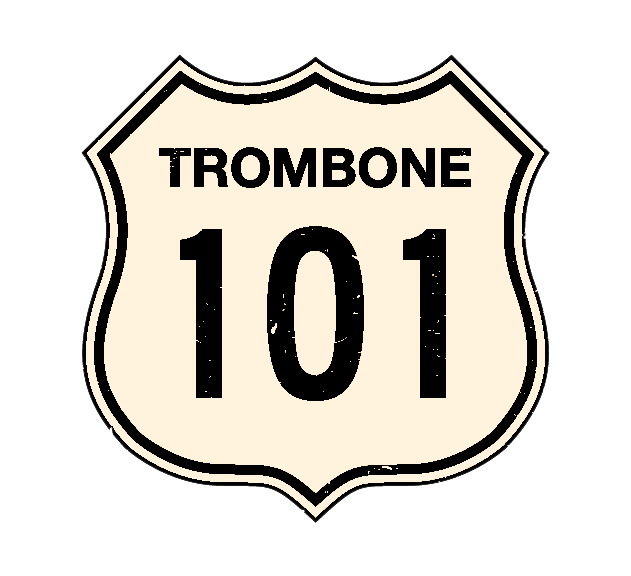choosing the best college
by Sean Reusch
Are you interested in majoring in music in college? Are you overwhelmed by all of the choices of schools? Choosing the college that best meets your needs is one of the most important decisions you can make - it can have a lasting effect on the rest of your musical career. Here are some things to consider when choosing the university that best fits you. Good luck!
1. With whom do you get to study?
Your private instructor is THE most important thing when choosing a college to attend. Be sure to take a lesson BEFORE your final decision to see how you relate to the teacher and their teaching style. Taking a private lesson prior to your audition also lets the teacher know who you are and they get to hear how much you improved and implemented information given in your lesson from the time of your lesson to your audition.
2. Do you get lessons with the main teacher or a graduate student for all four years?
Some studios are so big that you might have to study with a graduate student your first year. Be sure to make sure that you get weekly lessons with your desired teacher.
3. What size is the studio (majors, minors, non majors)?
If you like competition, you might want to be part of a large studio. Usually larger studios have Graduate Students. It can be helpful to work with them as well as your teacher instructor. Sometimes in a smaller studio, you might get more playing opportunities and more time with the trombone instructor
4. How long are lessons each week?
Music majors typically get a one-hour weekly lesson. Music minors and non-majors often get a half-hour weekly lesson.
5. Should you major in Music Performance or Music Education? What is the difference in degree requirements for each major?
Be sure to choose wisely why you want to be a performer or educator. Be sure to focus on what you see yourself doing in the future in music.
6. What is the average time it takes music majors to graduate from that particular university?
7. What ensembles are available to play in?
Will there be performing opportunities for you? How many can you play in each semester? Do they have an orchestra, wind ensemble, jazz band, trombone choir, and chamber music (trombone quartets, brass quintets)?
8. Are there any groups in close proximity of the university with whom you might get to perform?
A great way to get more musical experiences is to perform in groups nearby.
9. What etude books, solos, and cds does your teacher recommend you have?
Once you have decided on the university you want to attend, be sure to ask your private instructor which specific music books you should purchase. It is important to have this music at the very beginning of your first semester.
10. Does your teacher have a preference of a particular brand of trombone?
Many incoming freshman purchase a trombone before entering college. Be sure to consult with your teacher about brands of instruments that they recommend BEFORE purchasing something.
11. What are the facilities like (old/new, run-down, small/large)? How many practice rooms are there? Can you get into the music building on the weekends?
Some music buildings have more students than practice rooms. If this is the case, often you won’t be able to find a room when you want to practice.
12. Are there any placement tests, and, if so, in what?
Most music programs want to assess your knowledge of music theory, music history, sight-singing, and piano skills in order to place you in the correct level class.
13. What is the scholarship availability as well as financial aid?
14. While visiting the school, can you have a tour of the music building and college?
15. Can you sit in on a rehearsal of any of the ensembles when visiting the college?
Listening to a rehearsal is an excellent way to hear the playing level of the students as well as watching potential teachers interact with students.
16. Can you hang out with some of the trombone students from the studio while visiting?
Most students are very honest about the program. Feel free to ask them any questions that you might have.
17. What is available culturally to you nearby (ie. concerts, museums, restaurants, stores)?
18. What is the student body size of music school and college?
Some people prefer a small school while others love a large university.
19. What is the weather like throughout the year?
20. Is the university easy to get to?
21. What kinds of public transportation are available?
